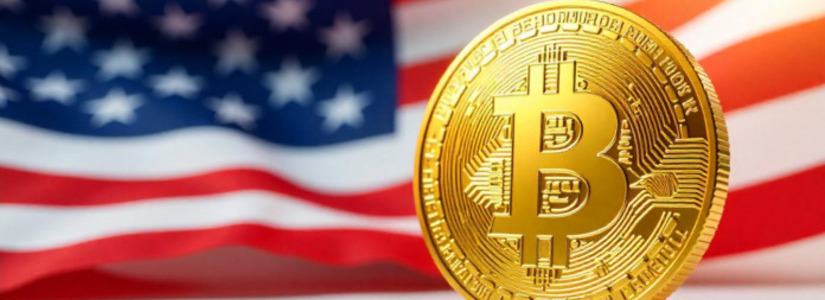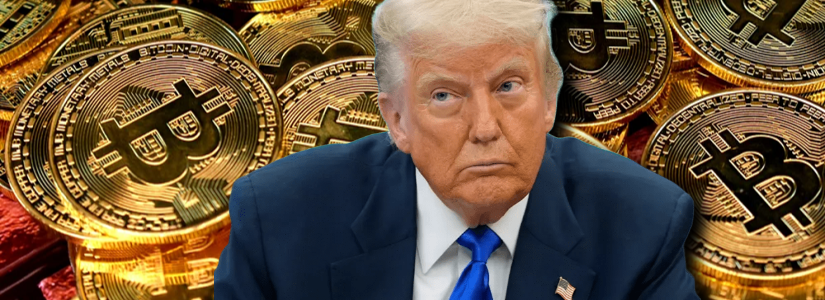Tl; DR
- Twelve Democratic senators push a framework for seven pillars to regulate the cryptography marketGive more power to the CFTC and impose new obligations on exchanges and guards.
- The plan requires all platforms in the United States to Register with FincenExtends the anti-money and simple anti-flowage controls for the DEFI sector as a risk.
- The proposal also includes a Prohibition of interests generated by stablecoins and ethical restrictions for civil servants.
A group of twelve Democratic senators presented a framework with seven pillars for regulate the cryptography market in the United Statesmarking the most ambitious attempt in their party to undermine the financial freedom of an industry that is almost worth 4 dollars.
The proposal seeks to Standardize the classification of tokensassign regulatory authority,, impose obligations on issuers and platforms, and implement a Stricter supervision regime on the DEFI sector.


Project implications
The plan would grant the Commodity Futures Trading Commission Authority in the ad hoc markets for not classified as titles. At the same time, he would establish a mechanism for the Commission for Securities and the Exchange of Determine which tokens should be treated as titles. Transmitters should Respect specific disclosure requirementsAnd the exchanges and the guards would be subject to rules specific to crypto-specialty which include anti-manipulation standards and additional consumer protection obligations.
One of the most difficult measures is the requirement of All platforms used by American users to register with Fincen as financial institutions. That would extend Banking secrecy Monitoring intermediaries of the cryptographic market, as well as the anti-whiteness rules and the conformity of international sanctions.


The text identifies the DEFI market as a risk of money laundering and calls for new surveillance toolsAlthough it does not clarify whether the registration requirement would also apply to teams that develop protocol software. This ambiguity contrasts with the republican proposal, which explicitly protects the developers.
The frame also aims at Prohibit stablecoin issuers from paying interest or yieldseven indirectly through affiliates. Another section presents Strict ethical restrictions: This prohibits elected officials and their families from launching or taking advantage of cryptographic projects during their functions and requiring them to disclose their assets. Democratic senators Accuse Donald Trump of having used his position to take advantage From digital asset companies, label practices such as corruption.
A setback for the North American cryptography market
The proposal comes up directly to the Clarity ActThe republican initiative which has already adopted the House of Representatives with 294 votes in favor. The two projects undertake to define the regulatory authority and to ensure legal certainty, but They diverge on legislative speed, DEFI surveillance and ethical rules.


Republicans put pressure on rapid approval, while Democrats insist on longer negotiations. The confrontation creates an uncertain perspective: after years of blocking, the Congress seems to be closer to an agreement. However, What once looked like progress, it risks becoming another series of regulations that could stifle innovation




